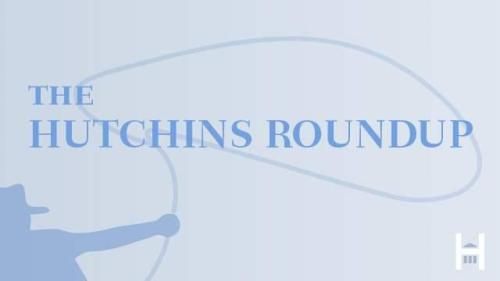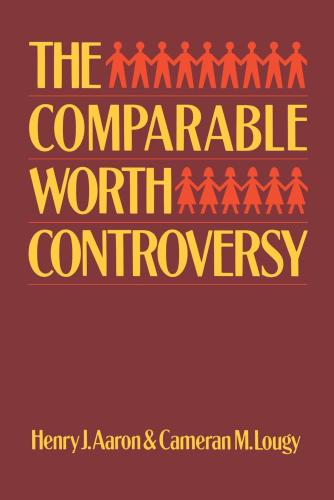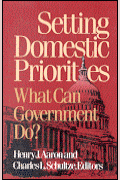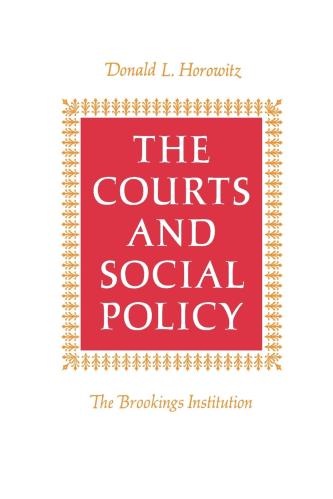Studies in this week’s Hutchins Roundup find that health improvements lead to higher earnings, quantitative easing should be part of the monetary toolkit when rates near zero, and more.
Want to receive the Hutchins Roundup as an email? Sign up here to get it in your inbox every Thursday.
Health improvements lead to higher earnings
Melvin Stephens Jr. of the University of Michigan and Desmond Toohey of the University of Delaware use a randomized controlled trial to find the causal effect of improved health on labor market outcomes. For six years, half of the 13,000 participating men received a bundle of treatments intended to reduce the risk of coronary heart disease, the leading cause of death in the United States. The other half were encouraged to seek standard medical care. The intervention increased earnings by 3 percent and total family incomes by 4 percent, the authors find. From survey responses, the authors show that those who received the treatments lost less work time due to illness and had lower levels of work-preventing disabilities during the study period, which likely explain the increased earnings.
Adopting Quantitative Easing as a conventional monetary policy may be beneficial
Faced with already low short-term interest rates during the financial crisis, the Federal Reserve expanded its balance sheet to reduce long-term rates, a policy known as Quantitative Easing (QE). Using the Fed’s large-scale macroeconomic model to simulate alternative scenarios, Michael Kiley of the Federal Reserve Board finds that QE does not improve economic performance when interest rates are reasonably high, suggesting that QE would not have been advantageous before the crisis. However, QE can be quite helpful when interest rates are low, he says, especially when used promptly after output falls below its long-run level and when done on a large scale. Kiley concludes that QE should be considered part of the “new normal” approach to monetary policy, especially given the likelihood that the Fed will be pushing interest rates to zero again, but moving short-term nominal interest rates should be the Fed’s primary tool.
Lower wages are an important factor in displaced-workers’ enduring earnings losses
Marta Lachowska of the W.E. Upjohn Institute, Alexandre Mas of Princeton, and Stephen Woodbury of Michigan State estimate the long-term earnings losses of workers displaced during the Great Recession. Using linked employer-employee data for a large cohort of workers in Washington state, they show that, five years after job loss, displaced workers earned 16 percent less than similar workers who were not displaced. About 45 percent of this earnings deficit is attributable to lower wages and 55 percent to fewer work hours. Lost firm-specific human capital, such as the loss of skills relevant to the firm or a particularly favorable job match, is an important explanation for the decline in earnings, they say.
Chart of the week: The education gap in motherhood is shrinking

Quote of the week:
“[T]he over-arching risk is complacency. While the current conjuncture might appear to be a sweet spot for the global economy, prudent policymakers must look beyond the near term. No matter how tempting it is to sit back and enjoy the sunshine, policy can and should move to strengthen the recovery. Now is the time to build policy buffers, reinforce defenses against financial instability, and invest in structural reforms, productive infrastructure, and people. The next recession may be closer than we think, and the ammunition with which to combat it is much more limited than a decade ago, notably because public debts are so much higher,” says Maurice Obstfeld, economic counsellor and director of research at the International Monetary Fund.
“An upswing so broad also furnishes an ideal moment to act on a range of multilateral challenges. These include countering global financial stability threats, including cyber-threats; strengthening the multilateral trading system; cooperation on international tax policy, including the fight against money laundering; and promoting sustainable development in low-income countries. Of especially urgent importance is to fight irreversible environmental damage, notably from climate change.”











Commentary
Hutchins Roundup: Health and earnings, Quantitative Easing as conventional policy, and more
January 25, 2018